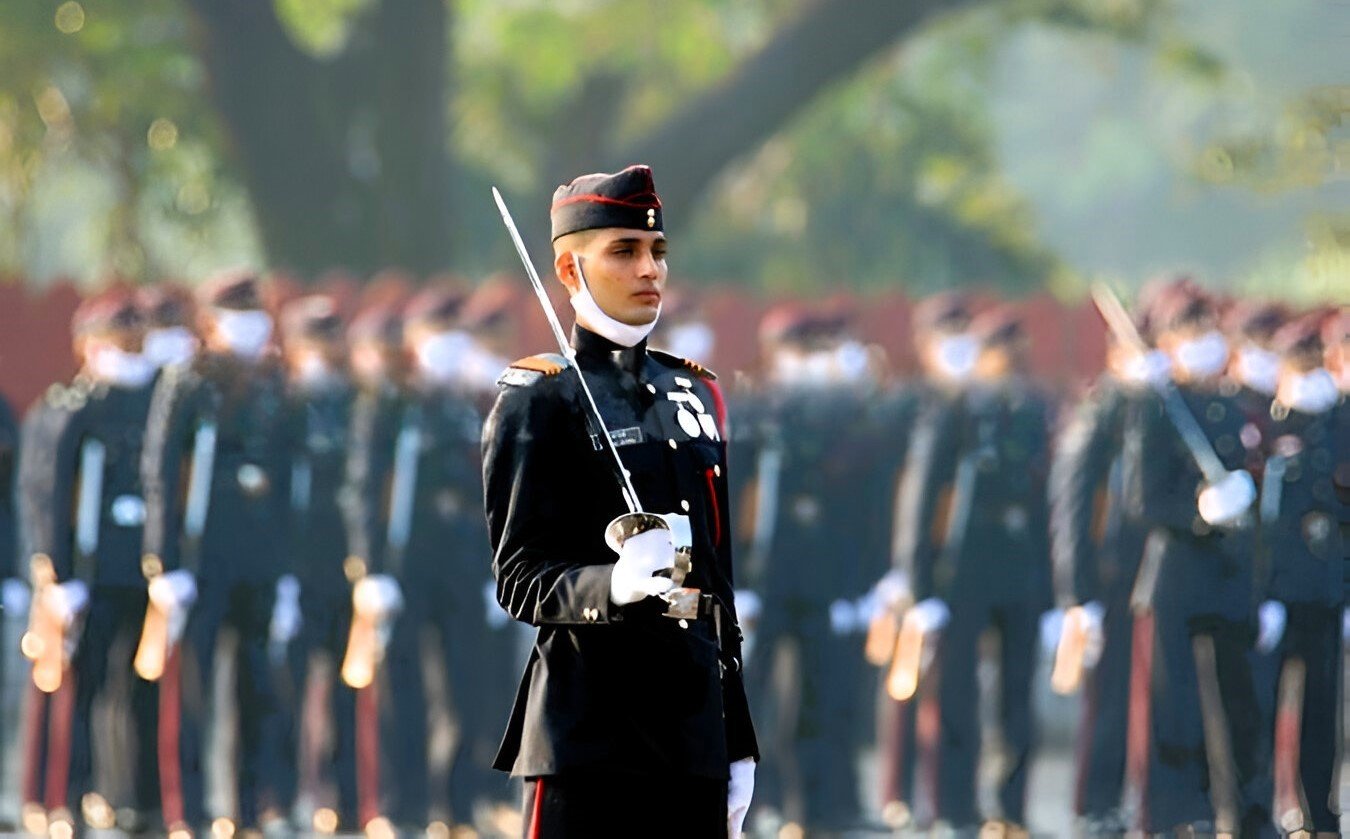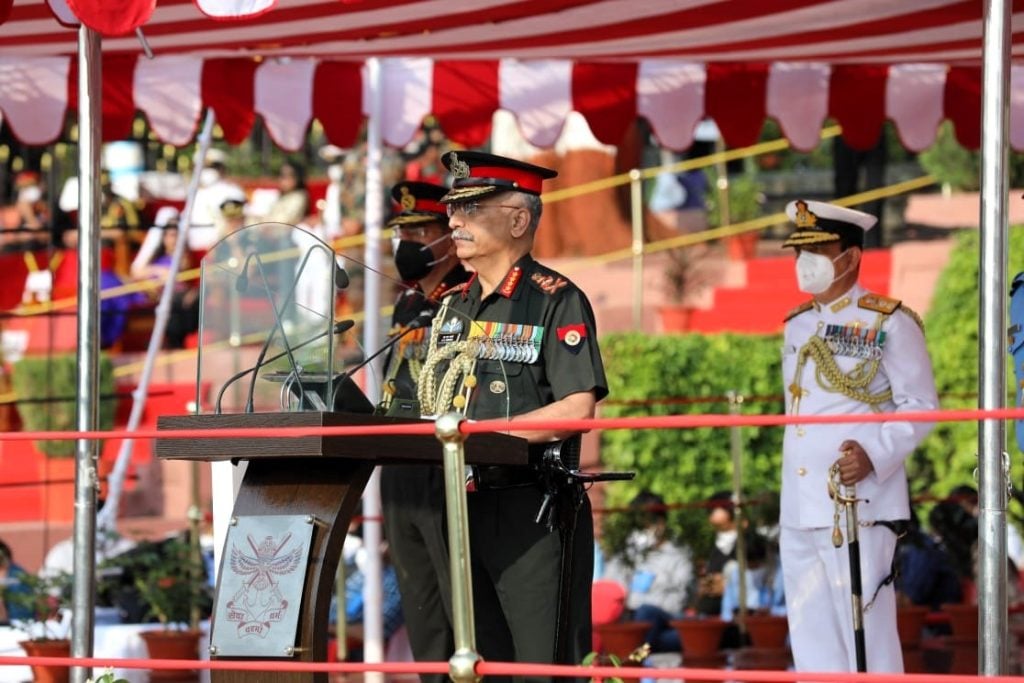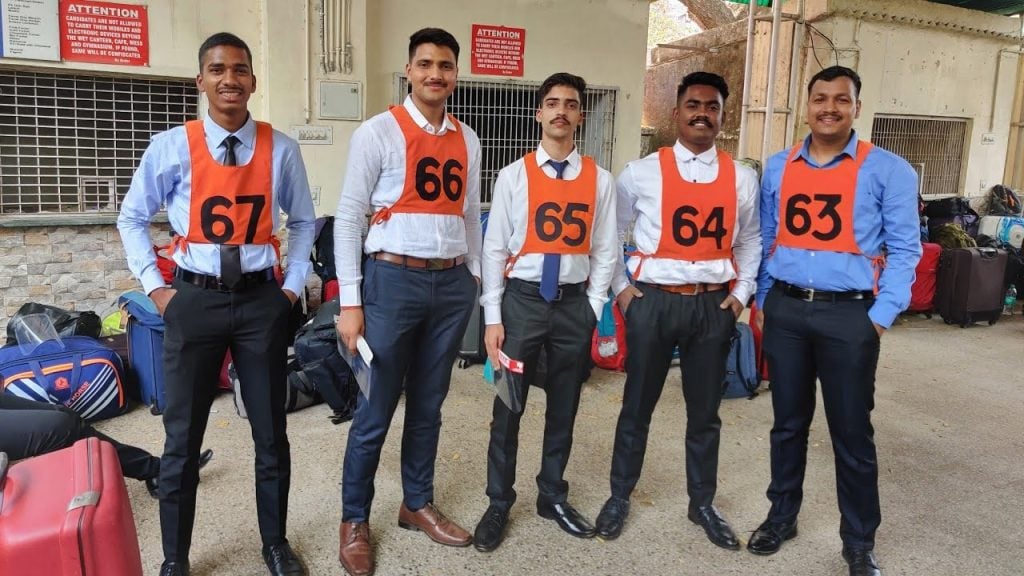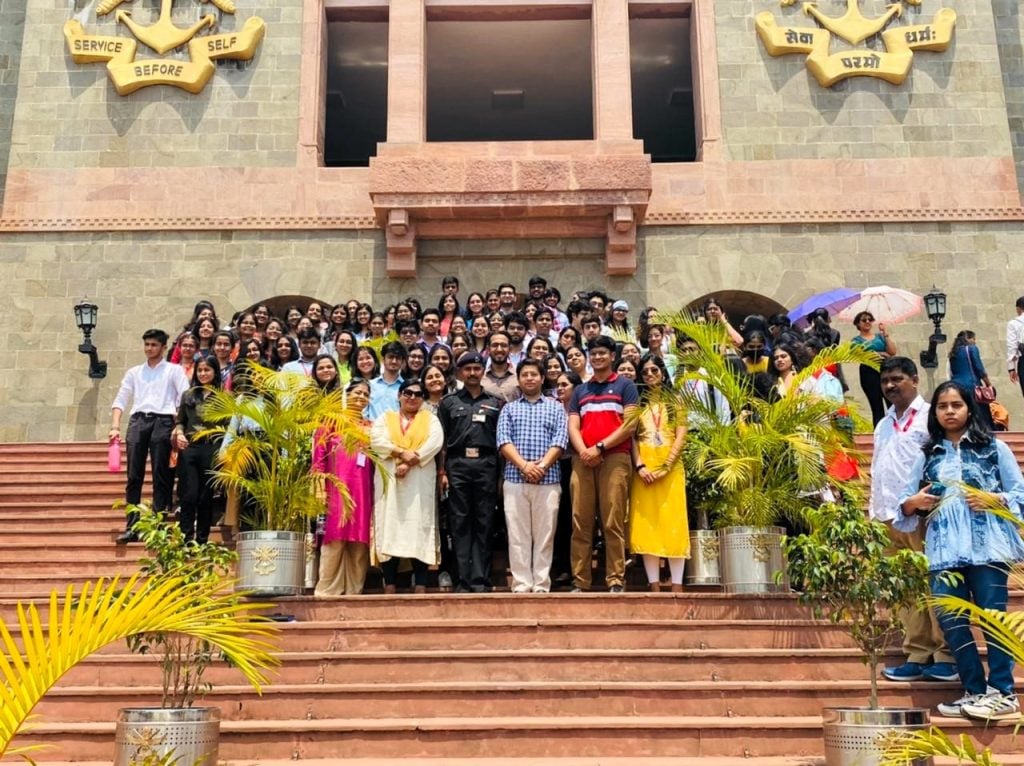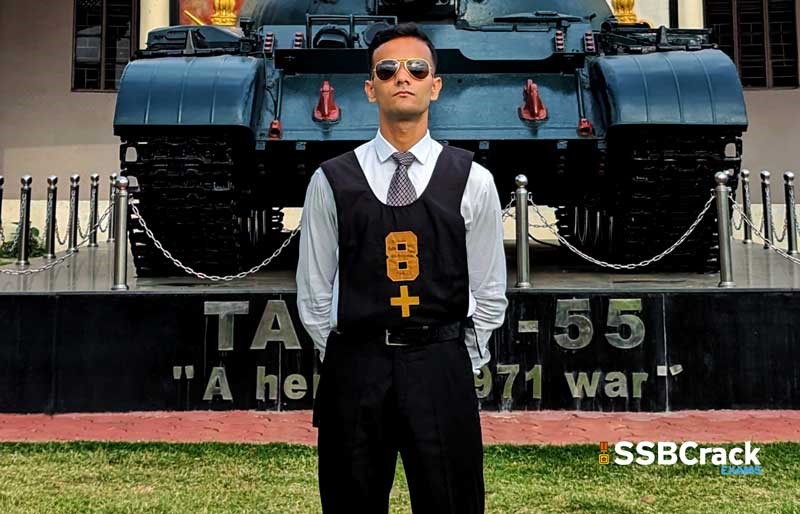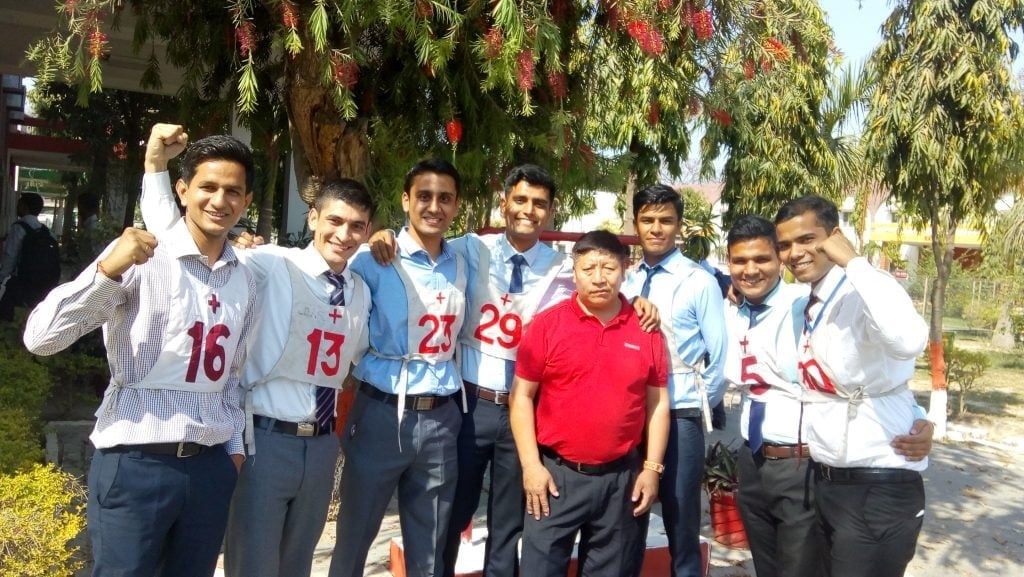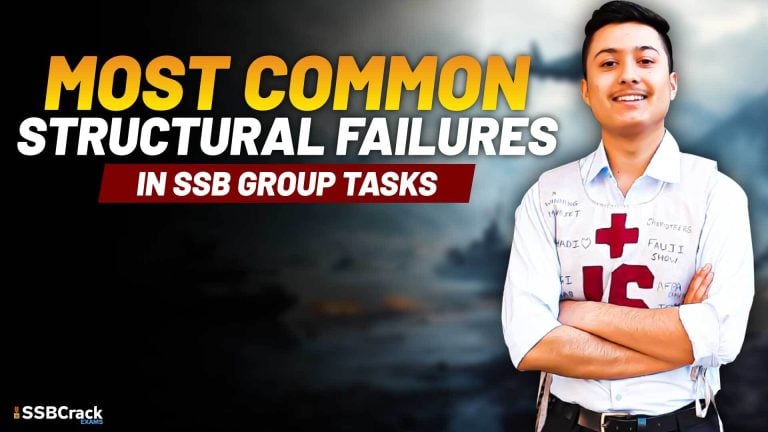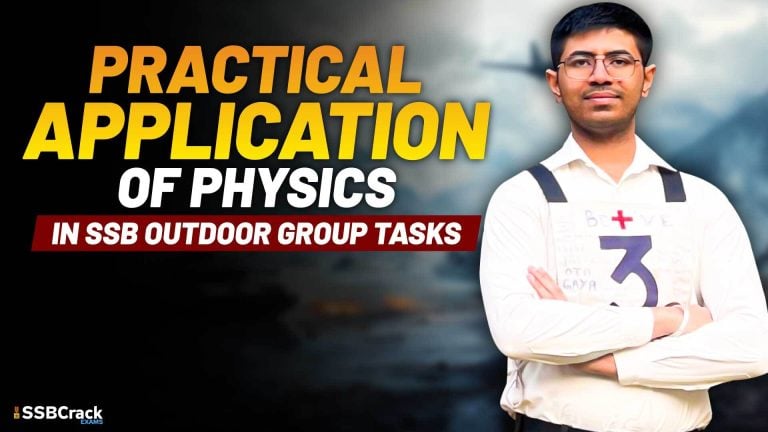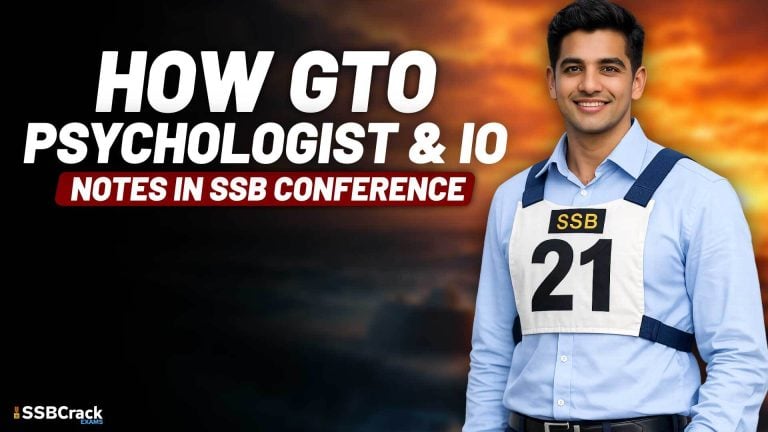When it comes to the National Defence Academy (NDA) SSB (Services Selection Board) interviews, candidates often find themselves navigating a complex array of questions. These inquiries are designed not only to assess a candidate’s qualifications but also to gauge their personality, thought processes, and ability to handle pressure.
The following sections will delve into 11 of the toughest questions NDA SSB Interviews that candidates may encounter, providing insights into what interviewers are looking for and how aspirants can effectively prepare their responses.
Understanding the Purpose Behind the Questions
Before diving into specific questions, it’s essential to understand the underlying motives of the interviewers. The SSB interview is not just a mere formality; it serves multiple purposes:
- Assessment of Personality Traits: Interviewers aim to identify key personality traits such as leadership, integrity, and adaptability.
- Evaluation of Stress Management: Many questions are designed to see how candidates react under pressure or when faced with unexpected situations.
- Insight into Values and Ethics: Questions often delve into personal beliefs and values, providing a window into the candidate’s moral compass.
Understanding these objectives can help candidates frame their answers more effectively.
Also Read | How to Crack NDA SSB Interview
Common Themes in Interview Questions
The questions posed during NDA SSB interviews often revolve around several common themes:
- Personal Relationships: Questions about friendships, family, and romantic relationships are common.
- Personal Habits: Inquiries into habits, hobbies, and lifestyle choices can reveal a lot about a candidate’s character.
- Future Aspirations: Interviewers frequently ask about candidates’ long-term goals and aspirations, particularly in relation to a career in the armed forces.
By recognizing these themes, candidates can better prepare for the types of questions they might face.
1. Personal Relationships
Family Dynamics
One of the first areas interviewers may explore is the candidate’s relationship with their family. Questions might include:
- How do your parents influence your decision to join the armed forces?
- What role does your family play in your life decisions?
These questions aim to assess the candidate’s support system and how familial relationships shape their values and decision-making processes.
Romantic Relationships
Candidates may also be asked about their romantic relationships, which can include:
- Do you have a girlfriend? If so, how does she feel about your career choice?
- What would you do if your girlfriend didn’t support your aspirations?
These inquiries help interviewers gauge the candidate’s emotional maturity and ability to manage personal relationships alongside professional commitments.
2. Personal Habits
Lifestyle Choices
Expect questions related to personal habits, such as:
- Do you smoke or drink alcohol?
- How do you spend your leisure time?
Interviewers use these questions to assess a candidate’s lifestyle choices and their alignment with the disciplined life expected in the armed forces.
Coping Mechanisms
Another area of interest is how candidates cope with stress or challenges:
- What do you do to relax after a long day?
- How do you handle failure?
Responses to these questions can indicate how well candidates manage stress and setbacks, which is crucial in a military environment.
3. Ethical Dilemmas
Moral Questions
Candidates may face scenarios that test their ethical reasoning. For example:
- What would you do if you witnessed a fellow officer breaking the rules?
- How do you define loyalty?
These questions are designed to assess the candidate’s moral compass and their ability to navigate complex ethical situations.
Personal Integrity
Interviewers may also inquire about personal integrity:
- Have you ever cheated on a test? If so, why?
- What is your stance on honesty in all situations?
These questions help interviewers understand the candidate’s values and how they align with the expectations of military service.
4. Future Aspirations
Career Goals
Questions about future aspirations are common, such as:
- Where do you see yourself in five years?
- What are your long-term goals within the armed forces?
These inquiries allow candidates to express their ambitions and demonstrate their commitment to a career in the military.
Personal Development
Candidates might also be asked about personal development:
- What skills do you wish to develop during your time in the NDA?
- How do you plan to contribute to your unit?
These questions highlight the candidate’s commitment to self-improvement and their understanding of teamwork.
5. Reaction to Criticism
Handling Feedback
Interviewers may ask candidates how they handle criticism:
- How do you react when someone disagrees with you?
- Can you provide an example of a time you received constructive criticism?
Responses to these questions reveal the candidate’s openness to feedback and their ability to grow from it.
Self-Reflection
Candidates may also be prompted to reflect on their past experiences:
- What is your greatest weakness?
- What have you learned from your mistakes?
These questions encourage candidates to demonstrate self-awareness and a willingness to improve.
6. Hypothetical Situations
Problem-Solving Scenarios
Interviewers often present hypothetical scenarios to assess decision-making skills:
- What would you do if you were in charge of a mission that went wrong?
- How would you handle a conflict between team members?
These questions allow candidates to showcase their problem-solving abilities and leadership potential.
Ethical Dilemmas
Candidates may also face ethical dilemmas in hypothetical situations:
- If given an order that conflicts with your morals, how would you respond?
- What would you do if you discovered a plan that could endanger lives?
These inquiries test the candidate’s ability to balance duty with personal ethics.
7. General Knowledge and Current Affairs
Awareness of National Issues
Interviewers may assess candidates’ awareness of current events:
- What is your opinion on recent developments in national security?
- How do you think current events affect the armed forces?
These questions gauge the candidate’s engagement with national issues and their understanding of the military’s role.
Knowledge of the Armed Forces
Candidates might also be asked about their knowledge of the armed forces:
- What do you know about the history of the Indian Army?
- Can you name some key operations conducted by the armed forces?
Responses to these questions demonstrate the candidate’s interest in and commitment to a military career.
Also Read | Most Common Questions Asked in NDA SSB Interview
8. Personal Interests and Hobbies
Extracurricular Activities
Interviewers often inquire about personal interests and hobbies:
- What activities do you enjoy outside of academics?
- How do your hobbies contribute to your personal development?
These questions help interviewers understand the candidate’s personality and how they balance various aspects of their life.
Team Sports and Leadership
Candidates may also be asked about their involvement in team sports:
- What role do you typically play in a team setting?
- Can you describe a time when you demonstrated leadership in a sports context?
Responses reveal the candidate’s teamwork abilities and leadership potential.
9. Coping with Failure
Resilience
Questions regarding failure are common:
- Can you share a time when you faced a significant setback?
- How did you bounce back from that experience?
These inquiries assess the candidate’s resilience and ability to learn from challenges.
Learning from Mistakes
Candidates may also be prompted to reflect on their learning experiences:
- What lessons have you learned from your failures?
- How do you ensure you don’t repeat past mistakes?
Responses to these questions highlight the candidate’s growth mindset and commitment to improvement.
10. Handling Stress
Stress Management Techniques
Interviewers may ask candidates how they manage stress:
- What strategies do you use to cope with pressure?
- How do you maintain focus during challenging situations?
These questions gauge the candidate’s ability to handle stress, which is crucial in a military environment.
Examples of Stressful Situations
Candidates might also be asked to provide examples:
- Describe a time when you had to work under tight deadlines.
- How did you manage your time during that period?
Responses reveal the candidate’s ability to thrive under pressure.
11. Leadership Qualities
Defining Leadership
Candidates may be asked to define leadership:
- What qualities do you think are essential for a good leader?
- Can you provide an example of a leader you admire?
These questions help interviewers gauge the candidate’s understanding of leadership principles.
Personal Leadership Experiences
Interviewers often inquire about personal experiences:
- Describe a situation where you had to lead a team.
- What challenges did you face as a leader?
Responses provide insights into the candidate’s leadership style and experiences.
Also Read | How to Prepare for NDA SSB Interview Process
Conclusion
Importance of Preparation
As candidates prepare for the NDA SSB interview, it is crucial to practice answering these tricky questions. Understanding the intent behind each question can help candidates respond thoughtfully and authentically.
Building Confidence
Candidates should also focus on building confidence through mock interviews and self-reflection. The more prepared they are, the better they will perform under pressure.
Final Thoughts
Remember, the NDA SSB interview is an opportunity to showcase not only qualifications but also character. Embrace the challenge, and approach each question with honesty and clarity.
FAQs
Q1: How should I prepare for the NDA SSB interview?
Focus on understanding the core themes of the interview, practice answering potential questions, and engage in self-reflection to build confidence.
Q2: Are the questions in the NDA SSB interview always the same?
While there are common themes, questions can vary. It’s essential to be prepared for both expected and unexpected inquiries.
Q3: What qualities do interviewers look for in candidates?
Interviewers seek traits such as leadership, integrity, adaptability, and the ability to handle stress effectively.
Q4: How can I improve my response to tricky questions?
Practice is key. Engage in mock interviews, seek feedback, and reflect on your experiences to craft thoughtful responses.
